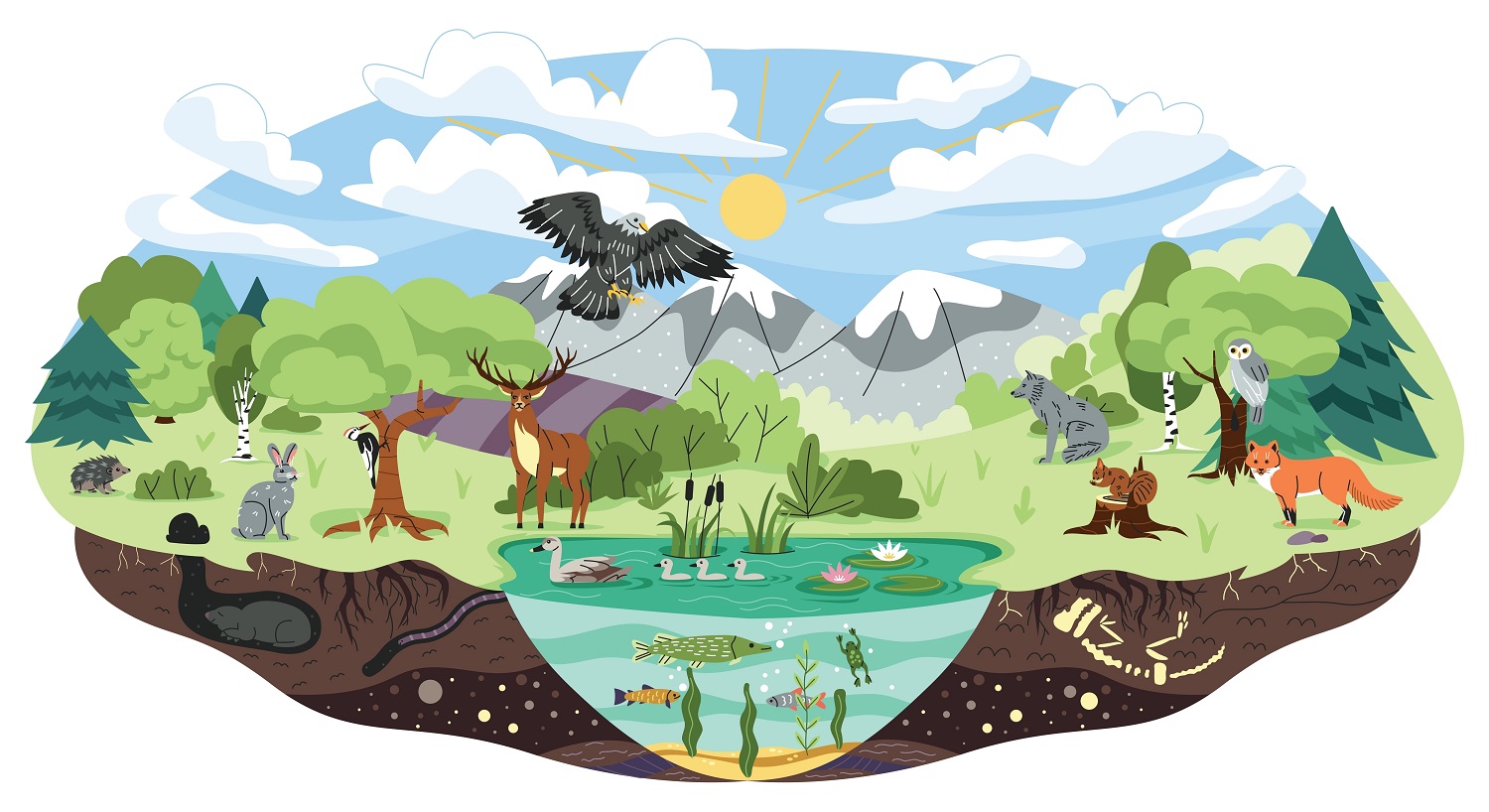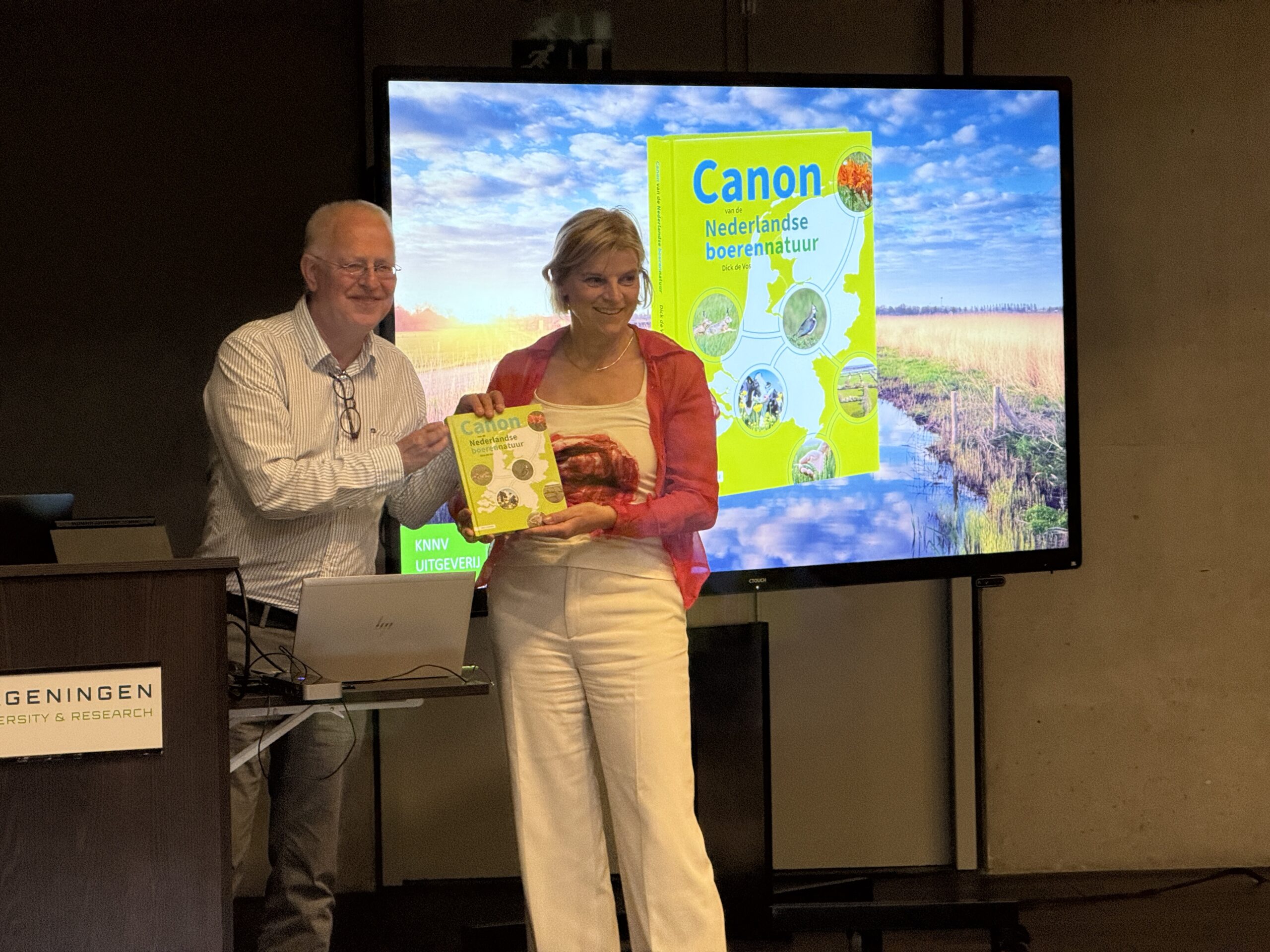Scientists from WUR and elsewhere have shown this to be the case in a study in PNAS. According to Egbert van Nes, Marten Scheffer (Aquatic Ecology) and co-authors argue that rarity is a ‘sticky situation’, meaning that a rare species will not easily escape its situation.
Nature is no exception; there is inequality. Of some species, there are many, and of many species, there are few. To set off, the researchers mapped how just a few species of a large variety of organisms generate half the total biomass. In all cases, that is done by just a few per cent of all species.
Hyper dominant
‘That does not apply solely to trees in the Amazon’, Scheffer says, adding: ‘It also applies to the bacteria in our intestines, mushrooms in the forest, birds, plankton and so forth. A few varieties are hyper-dominant. The rest is rare.’ Why is this? Are the dominant varieties superior? No, not necessarily, say Scheffer and his team. A simple mathematical model shows that rarity and dominance are unavoidable, even if all species are equally strong in terms of competitiveness.
The ’best adapted’ variety is not necessarily the one to take over a vacant spot
Marten Scheffer, professor of Aquatic Ecology and Water Quality Management
Coincidence plays a critical role. The model shows that the current dominant species may be an ‘accidental elite’. Their dominance could just as easily vanish should the circumstances so demand. ‘The ’best adapted’ variety is not necessarily the one to take over a vacant spot’, says Scheffer. ‘But a random species within the group of species that play a similar role within the ecosystem.’

There is proof supporting this reasoning, according to Scheffer. ‘This shift in dominance can be seen occurring occasionally with organisms that we monitor for hundreds of generations, such as bacteria and plankton. Evidence for other species is lacking because the lengthy timelines make gathering data difficult.’
According to the researchers, this exchange also underscores the value of rare species. They form the backup in case there is an emergency and a replacement is needed for the dominant species. ‘All these rare species are certainly not superfluous’, Scheffer states. ‘Rare species ensure stability in the community’s functioning.’
Lotka-Volterra
The best part is that this stems from probably the best-known and most widely accepted model in biology, says Scheffer, the Lotka-Volterra equation. ‘The only element that needs adding is a dash of coincidence, which impacts various species differently. And since the equation was formulated last century, no one noticed this.’

 Image Shutterstock
Image Shutterstock 

![[Seriously?] Something fishy about BioBlitz](https://www.resource-online.nl/app/uploads/2025/05/WEB_DeNeusUK.png)